
4 toxic plastic items
Low-quality, untraceable plastic products are especially dangerous to human health.
Plastic has become a familiar material in every household thanks to its convenience and low cost. From plastic bags and food wrap to bottles and containers, we use them daily without paying much attention to the hidden risks.
However, not all plastics are safe. Below are four harmful types of plastic you should pay special attention to in order to avoid negative effects on your family’s health.
1. Reusing Plastic Bottles – Convenient but Unsafe
Many people have the habit of keeping plastic bottles from mineral water or soft drinks to reuse, such as storing spices, rice, or grains. This may seem economical and eco-friendly, but in reality, it carries hidden dangers.
Most of these bottles are made of PET plastic (marked with number 1), which is only designed for single use. Even though some bottles are clearly labeled “Do not reuse,” many people still ignore this warning.
According to studies, after about 10 months of use, PET plastic can begin releasing toxic substances, especially when exposed to high temperatures or acidic foods like vinegar or fish sauce. To stay safe, you should avoid using these bottles for long-term food storage, and never place them near heat sources or use them for hot liquids.
2. Plastic Food Wrap – Handy but Choose the Right Type
Plastic food wrap is a common household item that helps keep food fresh. However, not all types are safe, and improper use can harm your health.
PVC-based wrap often contains plasticizers and cannot withstand high temperatures or oily foods. It should only be used for fruits and vegetables. PE wrap is safer but should still only be used with low-fat foods and never in the microwave.
If you need wrap for oily food or reheating, PMP wrap is more heat-resistant. However, regardless of type, you should avoid direct contact with hot food or placing wrap in the oven.
3. Trendy Plastic Cups – Cute but Unsafe
Stylish and colorful plastic cups, heavily advertised on social media, have become a trend. But not all of them meet safety standards.
If you buy a cup without a recycling code at the bottom (usually numbers 1–7 inside the triangle symbol), it’s best to stop using it immediately. Cups made from PC plastic (code 7) can only withstand temperatures up to 80°C. When filled with hot liquids, they may release Bisphenol A (BPA) – a substance that disrupts hormones and negatively impacts health.
4. Takeaway Food Containers – Convenient but Not for Reuse
Plastic takeaway containers are designed for single use, but many people wash and reuse them. This is risky because most are made from low-quality plastic, which easily deforms and leaches toxins when exposed to heat.
If a container has no recycling symbol or is made from plastic number 6 (PS), you should not use it for hot food or microwaving. Instead, opt for glass containers or safe plastics (numbers 2, 4, 5) for long-term food storage.
Final Advice
Plastic is convenient, but not all types are harmless. To protect your family’s health, you should:
-
Prioritize glass, ceramic, or stainless steel containers for hot or acidic food.
-
Always check the recycling code at the bottom of plastic products before buying.
-
Limit takeout food and cook at home to control meal quality.
👉 Be a smart consumer to safeguard the health of yourself and your loved ones!
News in the same category

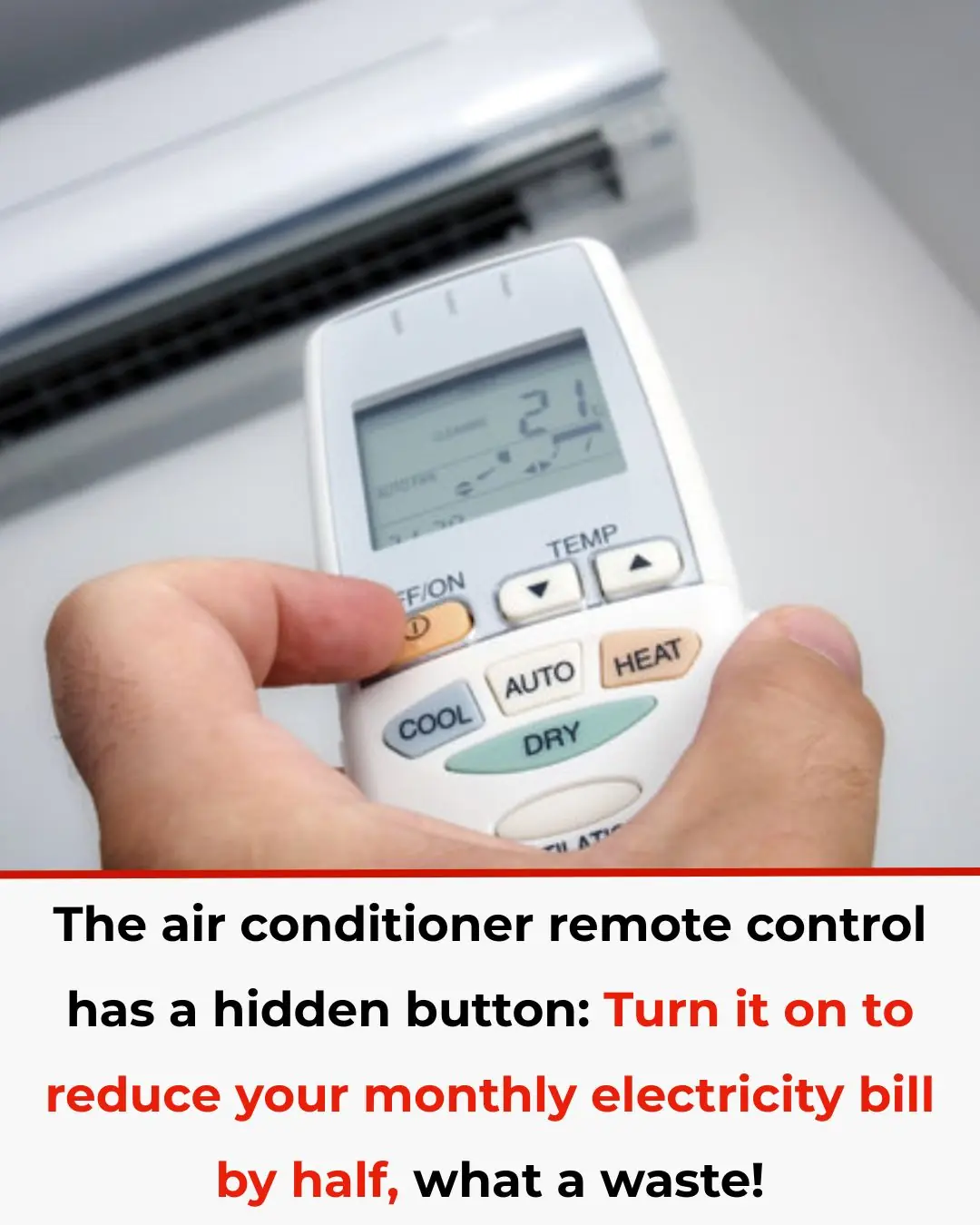
There’s a Hidden Button on Your Air Conditioner Remote: Turning It On Can Cut Your Monthly Electricity Bill in Half — Don’t Miss Out If You Don’t Know!
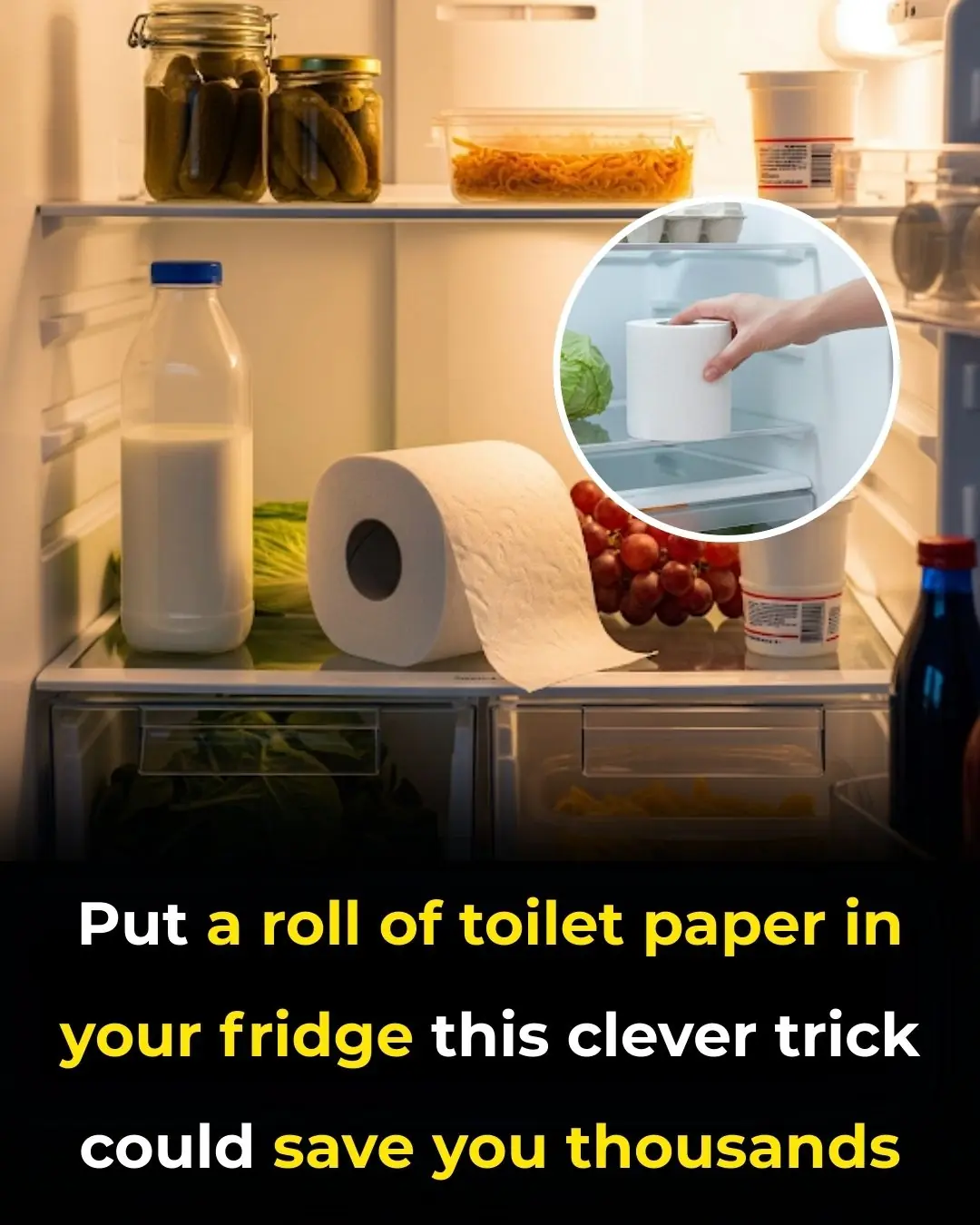
Great hacks every family needs
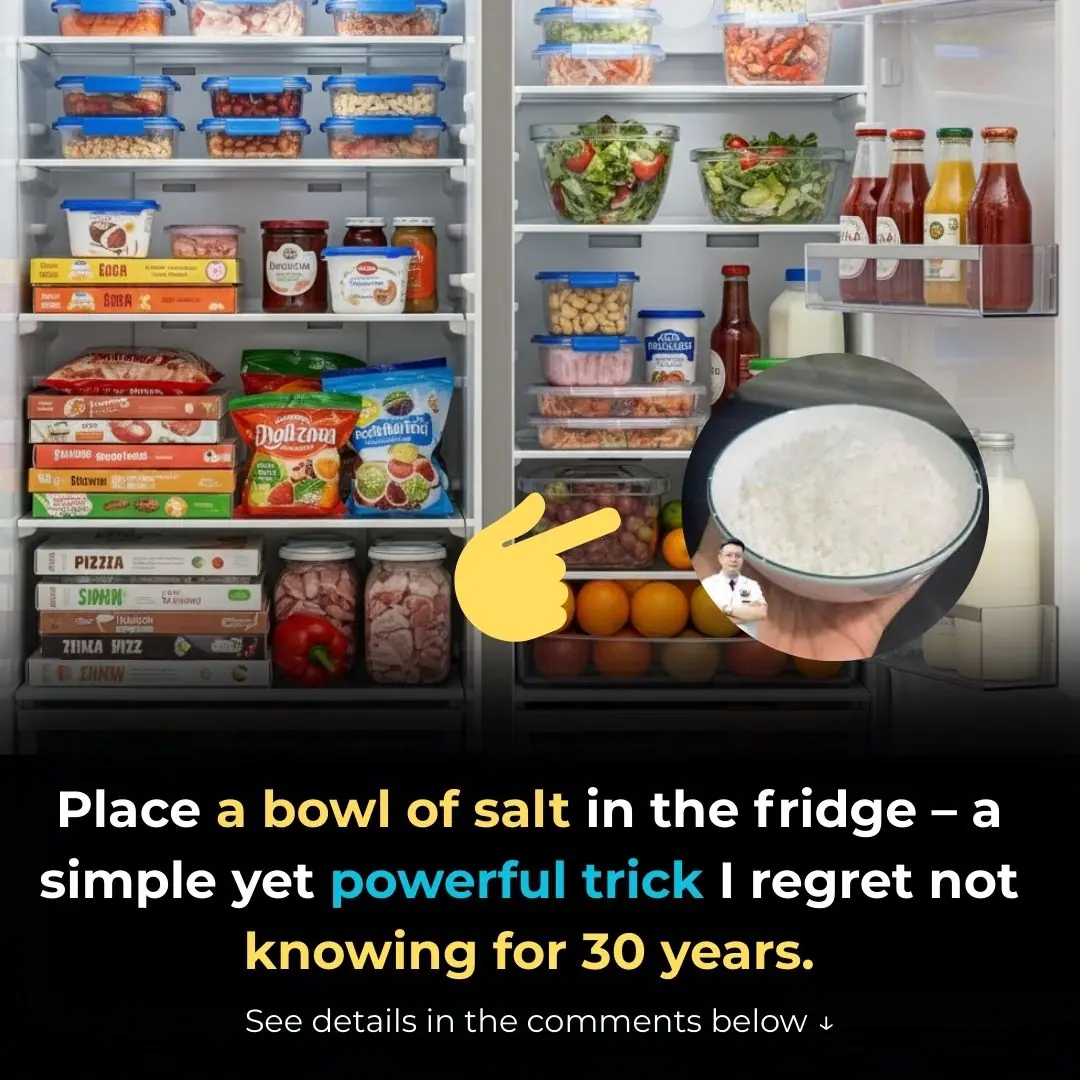
A small but effective tip
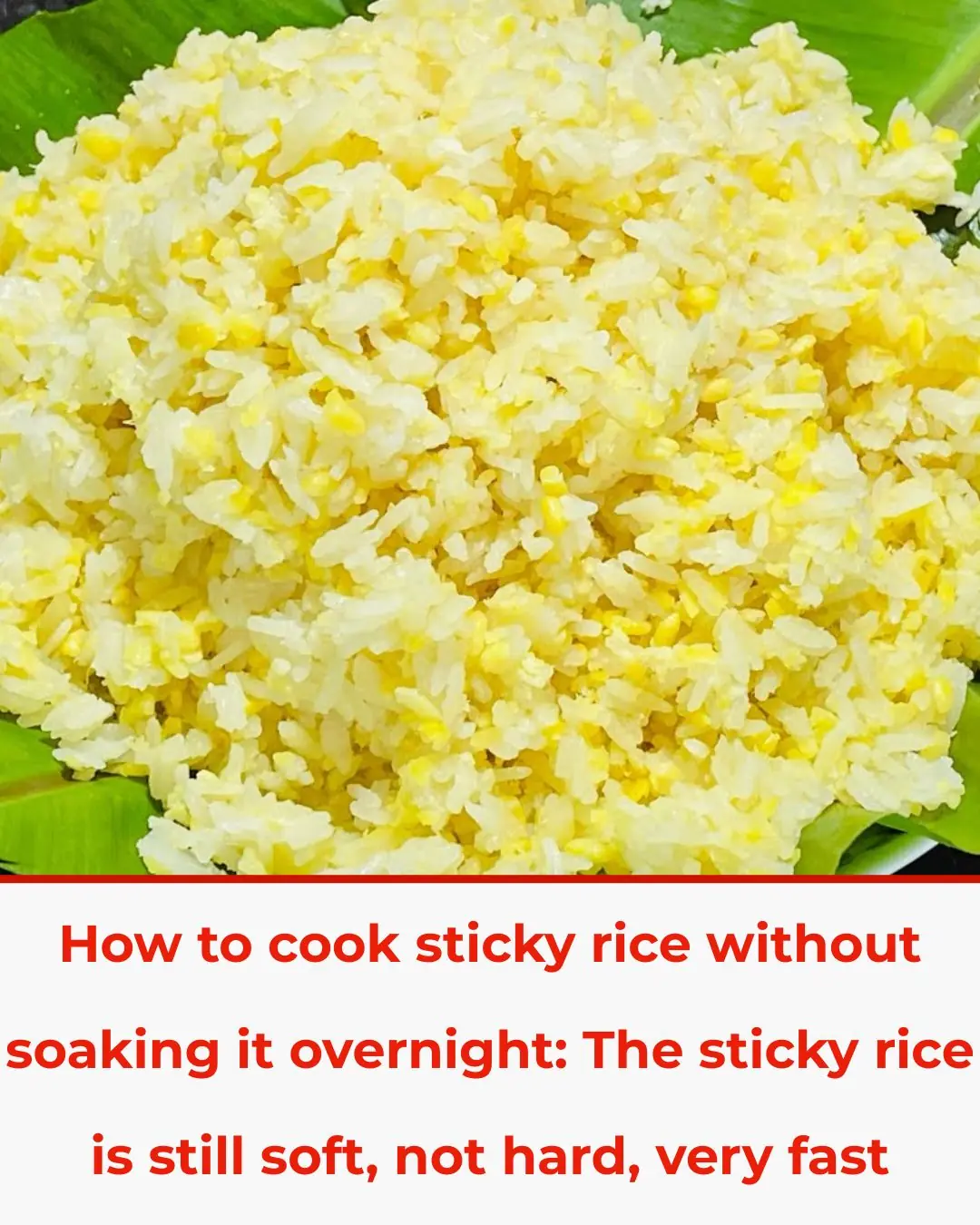
How to Cook Sticky Rice Without Soaking Overnight: Soft, Chewy, and Super Fast
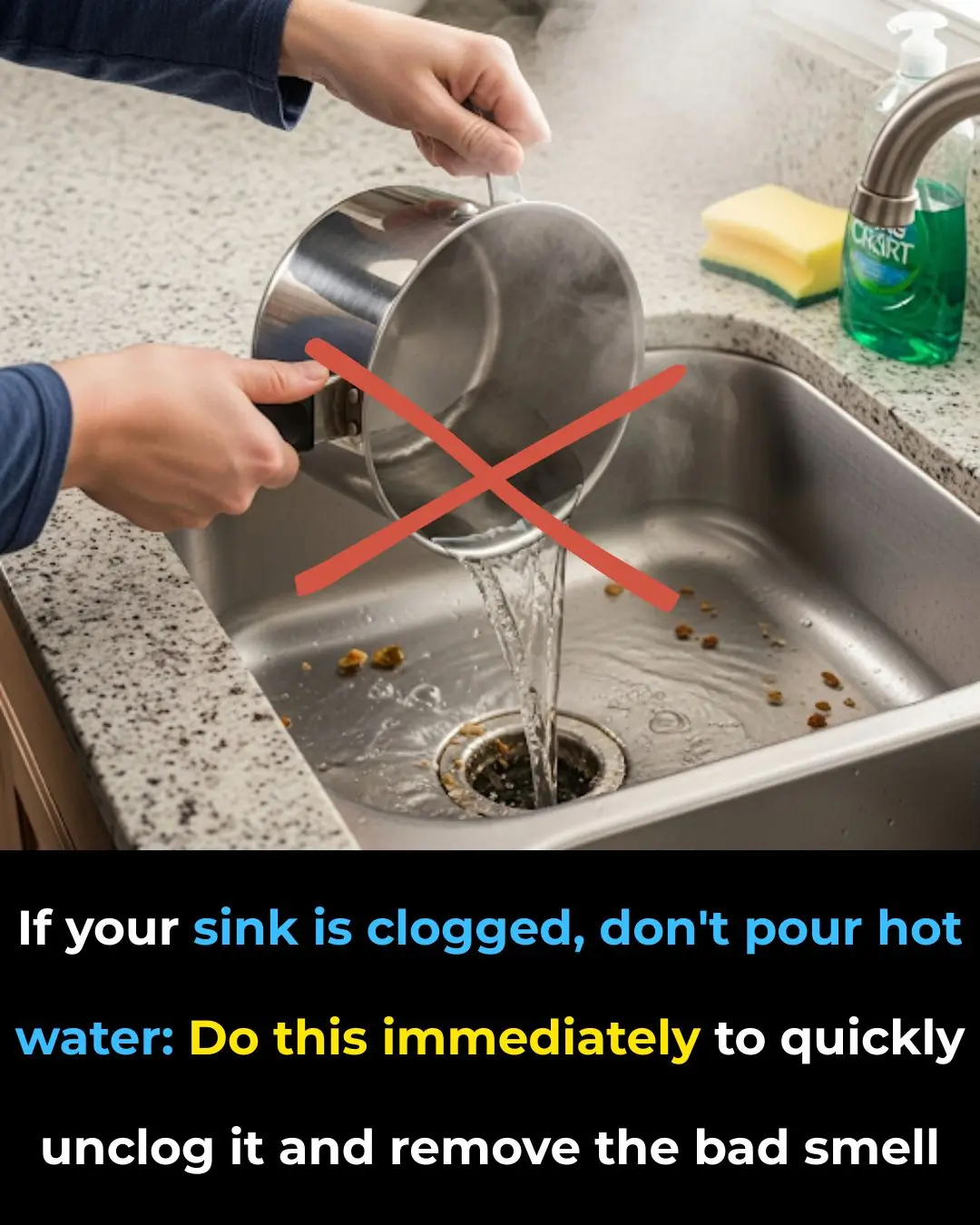
How to Unclog a Sink Drain Without Calling a Plumber
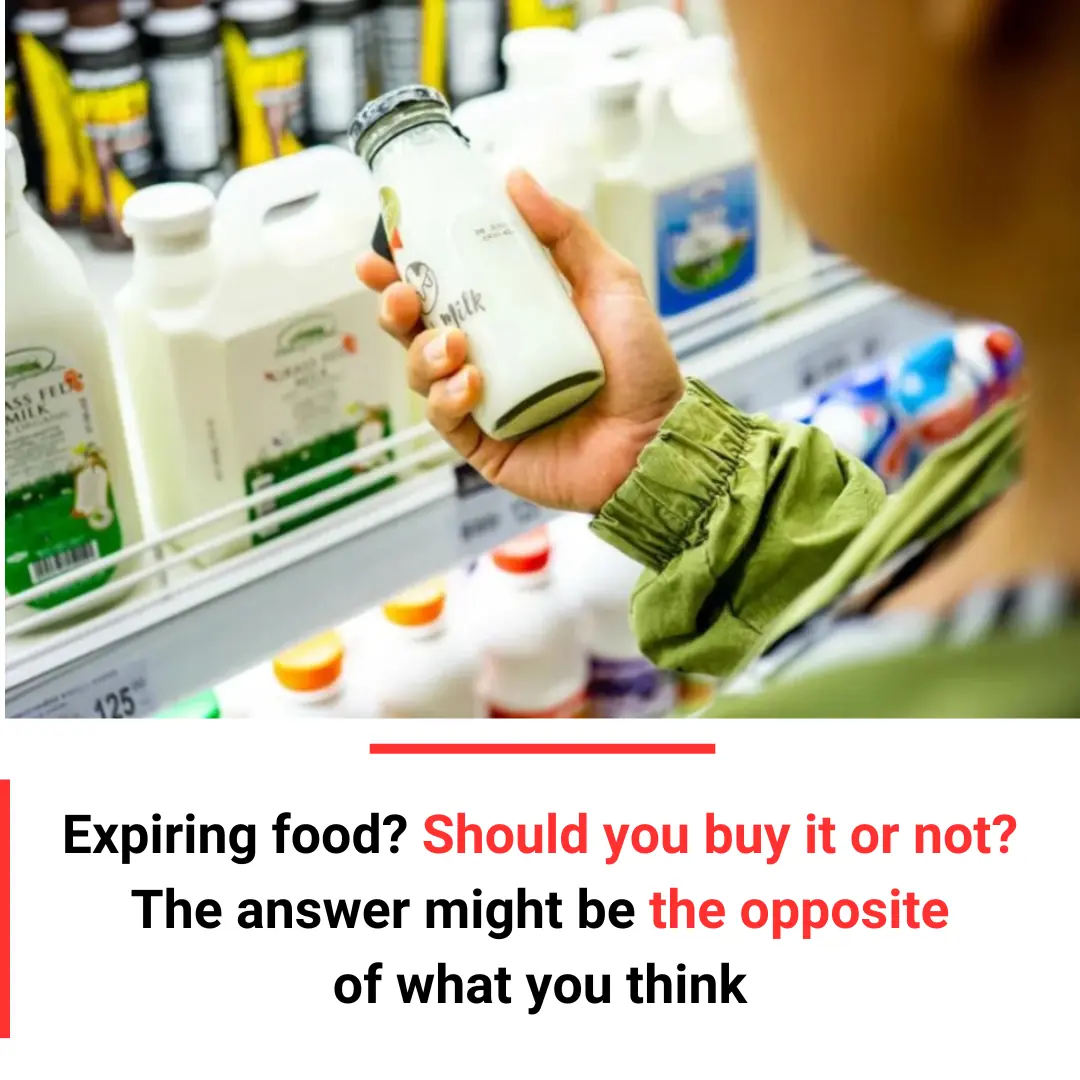
Expiring Food: Should You Buy It or Not? The Answer Might Be the Opposite of What You Think

Add a few drops of essential oil to the water used to clean the floor. Knowing the benefits, every family wants to follow suit.
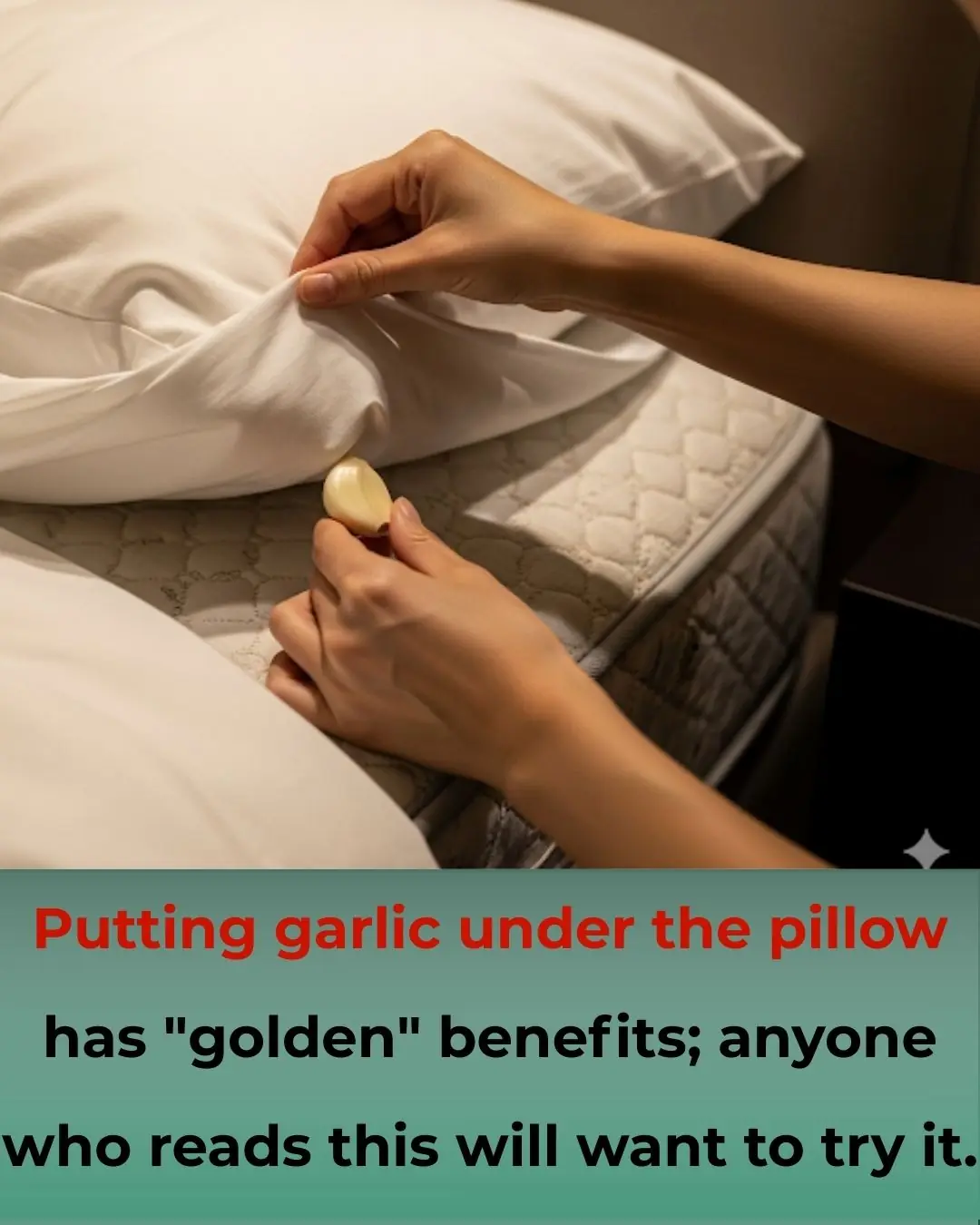
Put garlic at the bedside, its "golden" uses, anyone who reads this will want to try it.
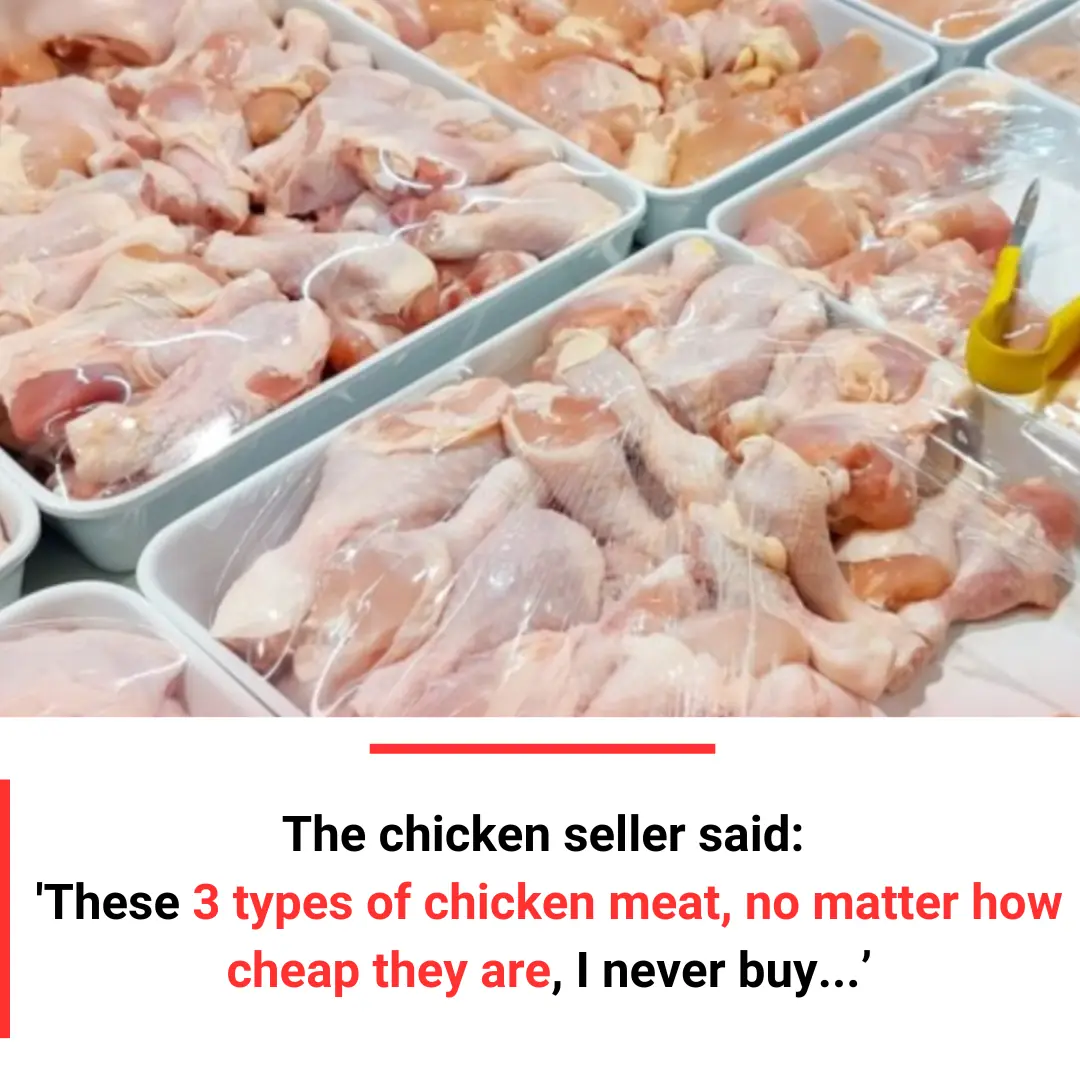
The Chicken Seller Said: "These 3 Types of Chicken Meat, No Matter How Cheap They Are, I Never Buy..."

Hanging a Towel on the Door Handle Before Bed: Unexpected Benefits That Few People Know
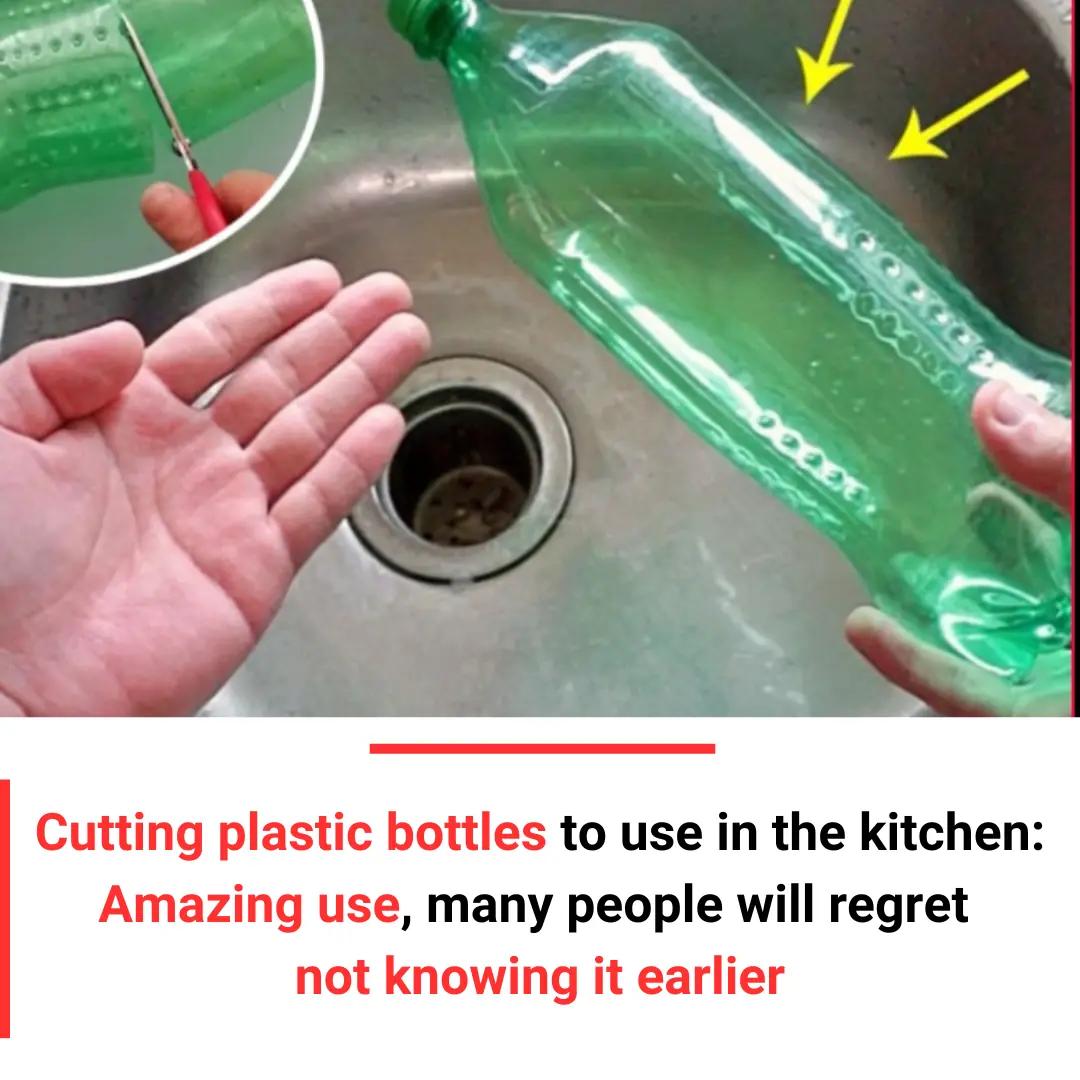
Cutting Plastic Bottles for the Kitchen: Amazing Uses You’ll Wish You Knew Sooner
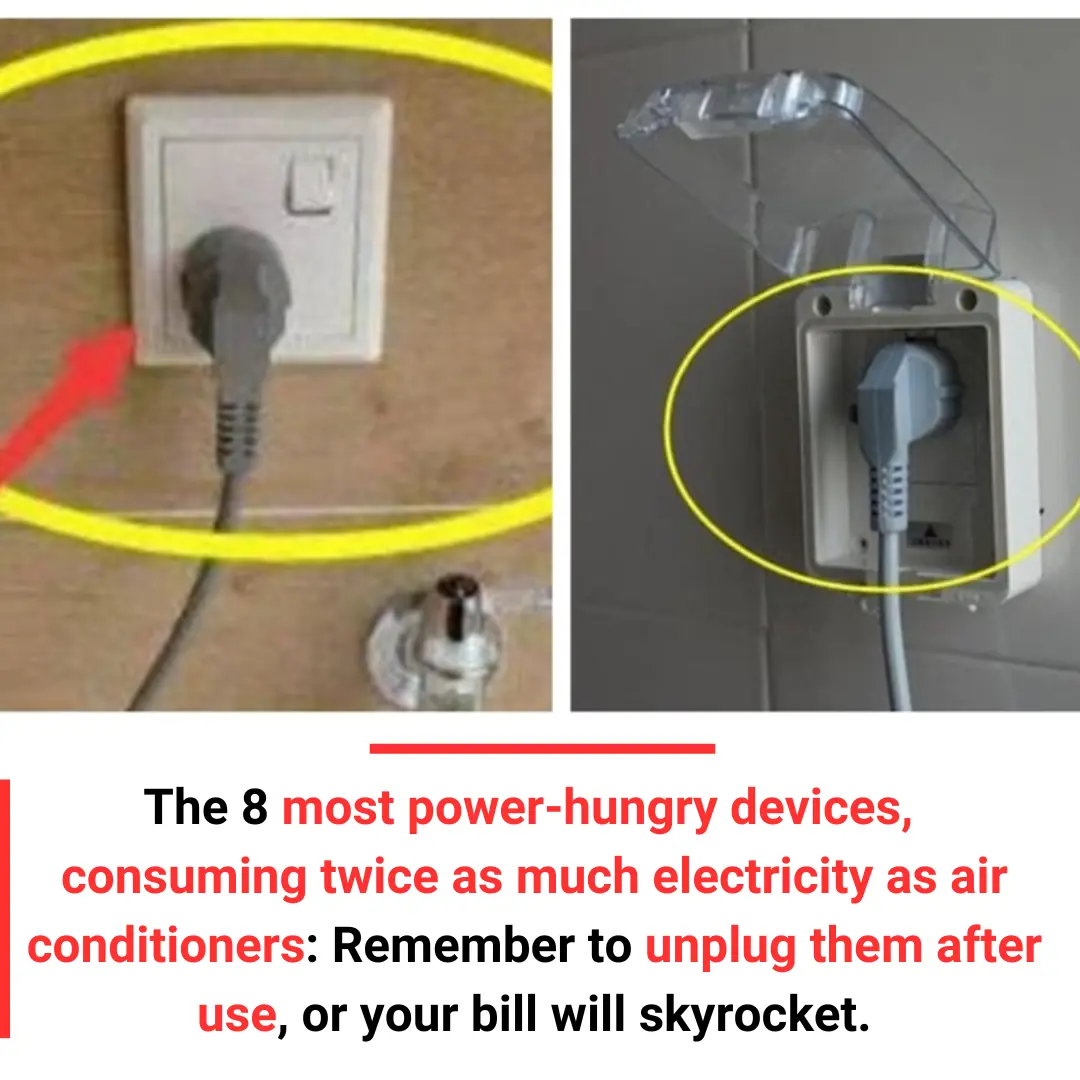
The 8 Most Power-Hungry Devices: Unplugging Them Can Save You More Than You Think
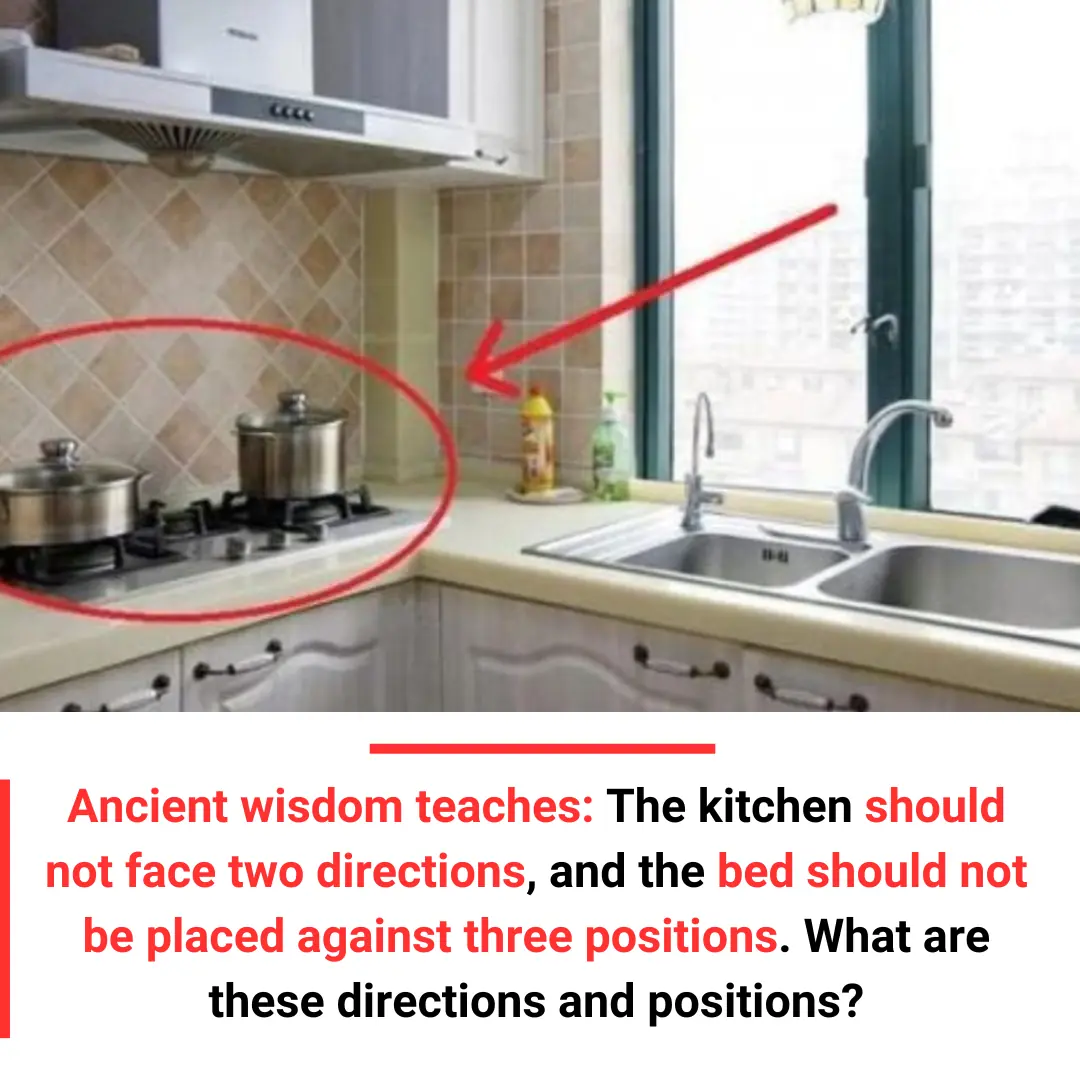
The Ancient Wisdom: Kitchen Directions and Bed Placement in Feng Shui

What should you do if someone has a stroke?
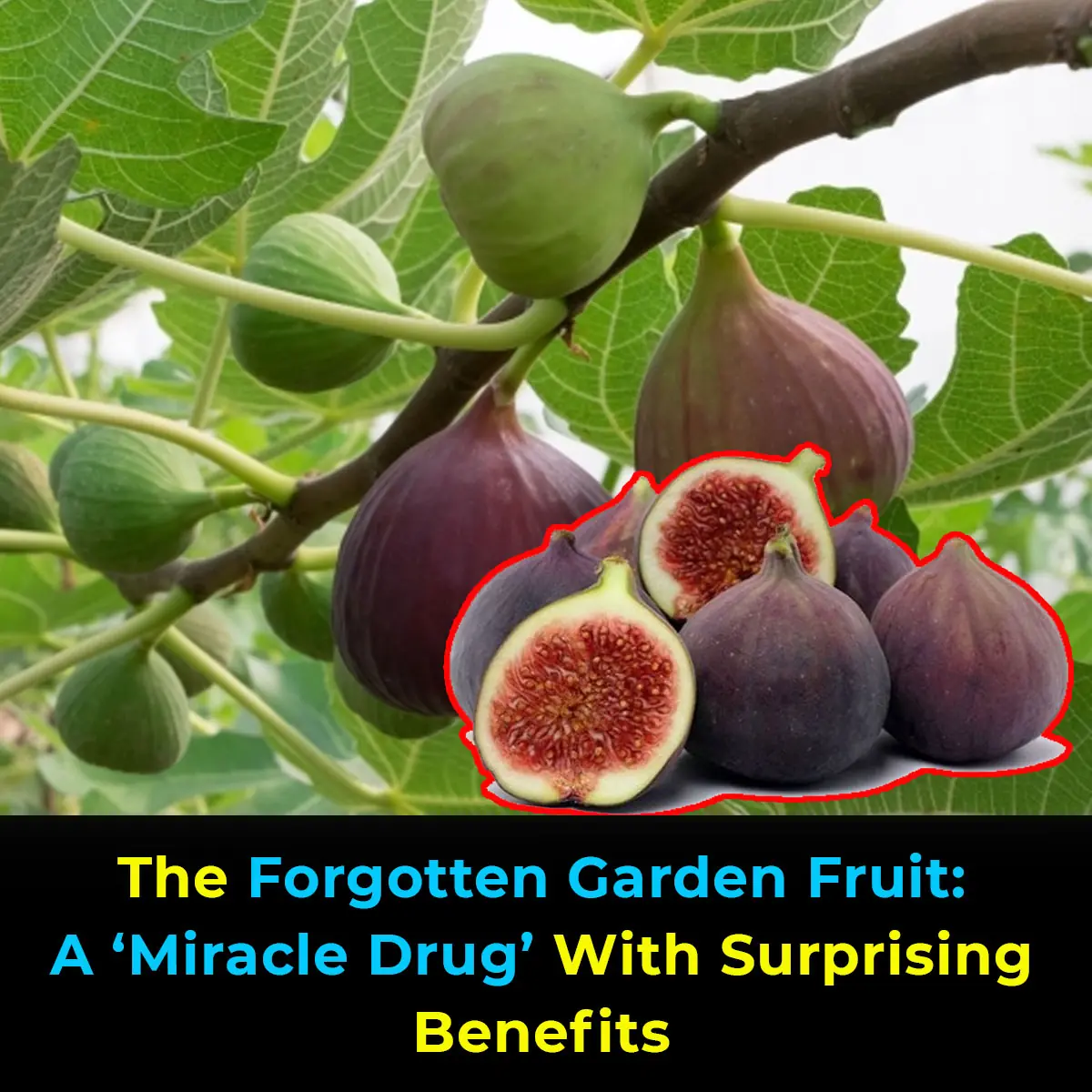
What You Need to Know About the Nutritional Value of Figs
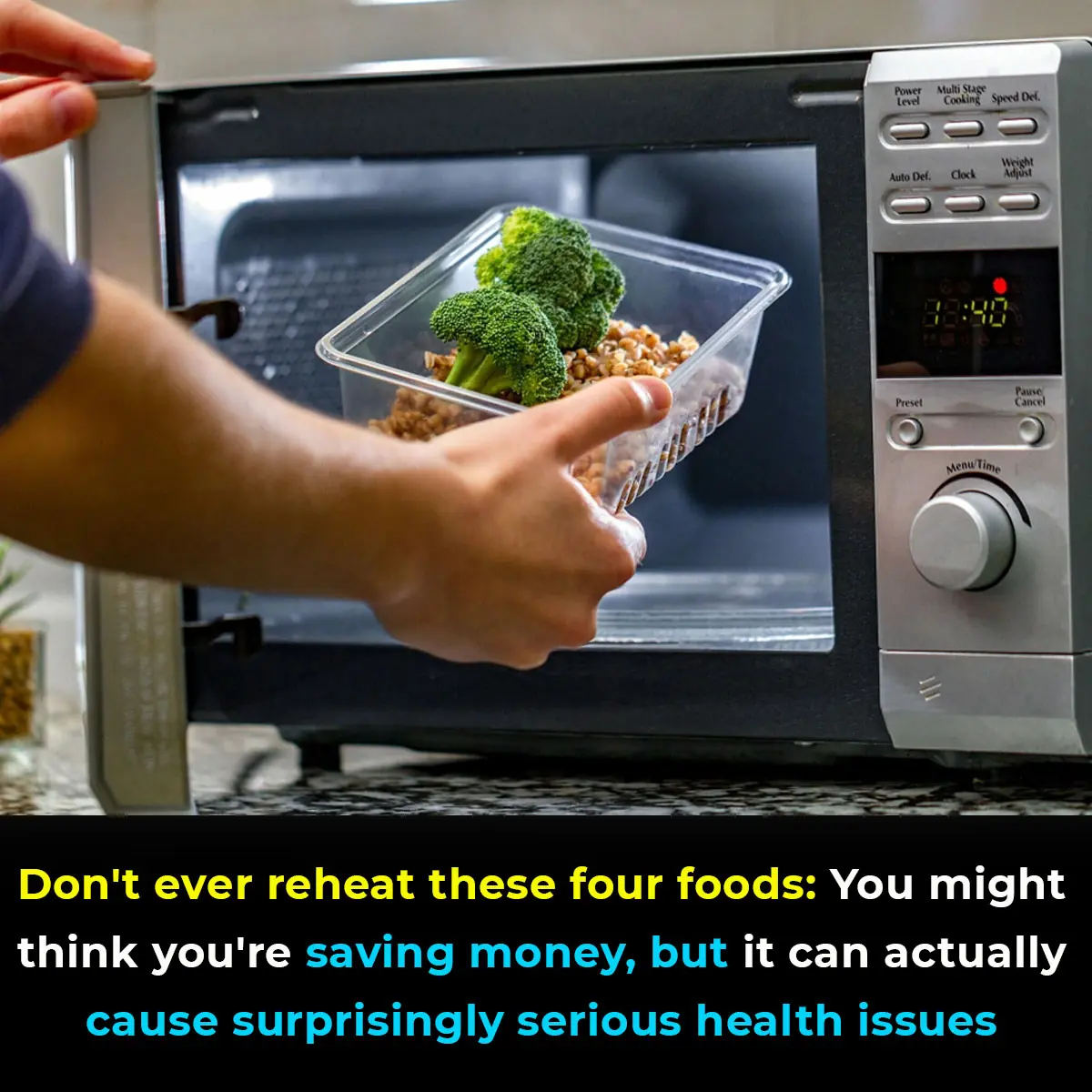
4 Foods You Should Never Reheat: Health Risks Explained

When buying loofah, should you choose the dark green or light green ones for better taste? Many people who have been shopping for years still don't know this.

Two quick and easy ways to wash yellowed pillow fillings, instantly turning them bright white like new.
News Post

There’s a “Hidden Switch” on Your Water Heater: Using It Properly Can Make It Last Over 10 Years

There’s a Hidden Button on Your Air Conditioner Remote: Turning It On Can Cut Your Monthly Electricity Bill in Half — Don’t Miss Out If You Don’t Know!
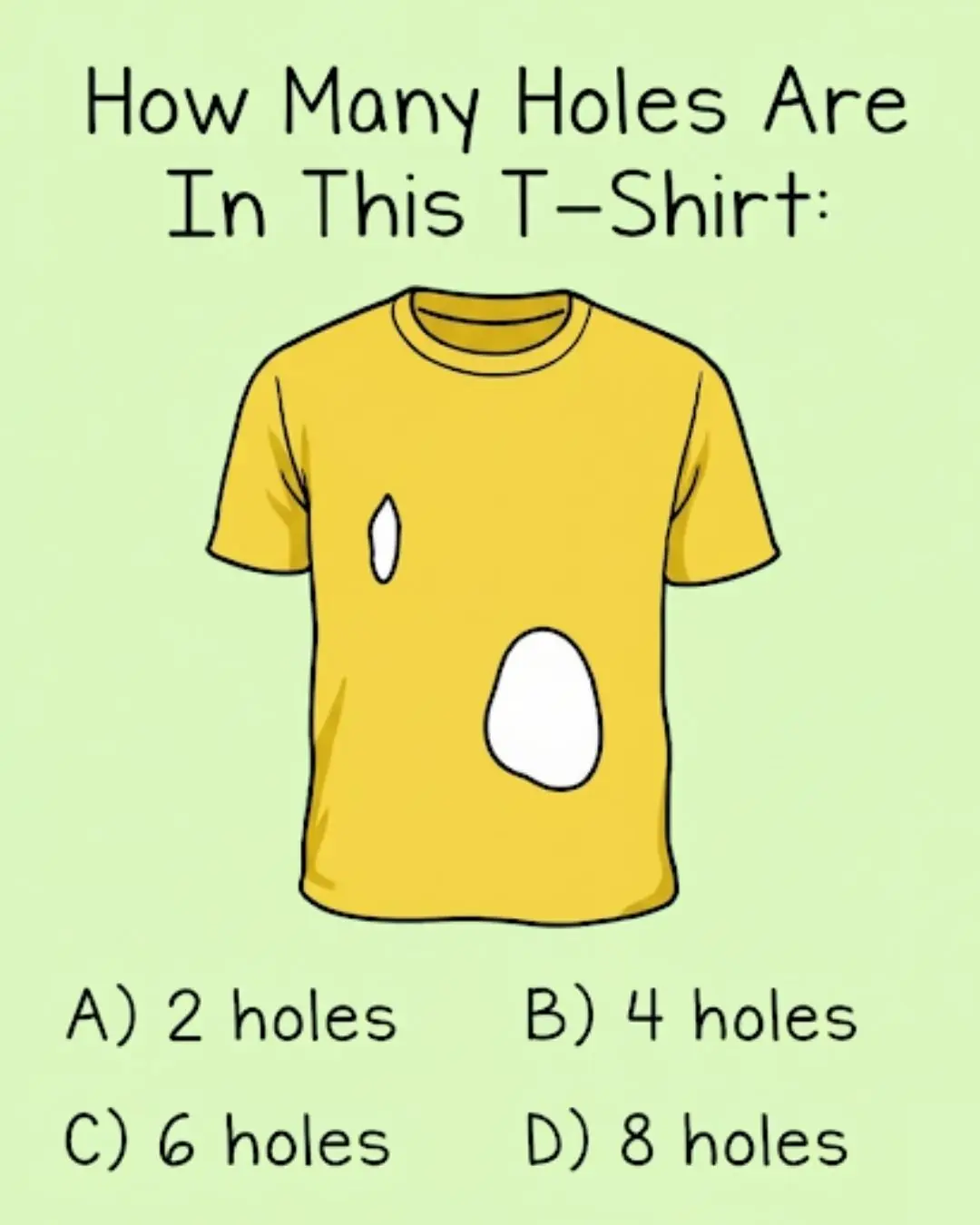
Simple T-Shirt Image Is Driving the Internet Crazy

Great hacks every family needs
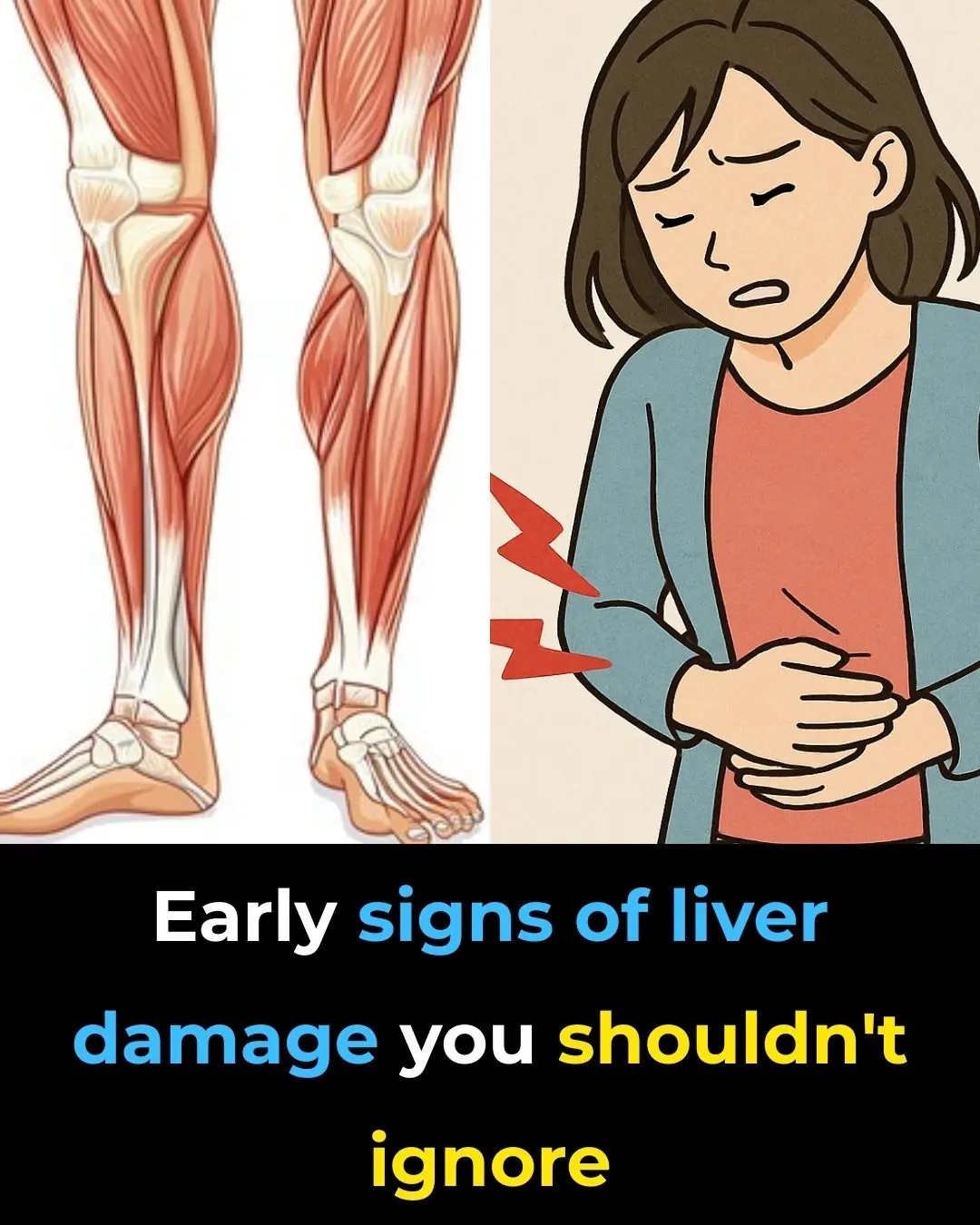
Early Signs of Liver Damage & How to Strengthen Your Liver
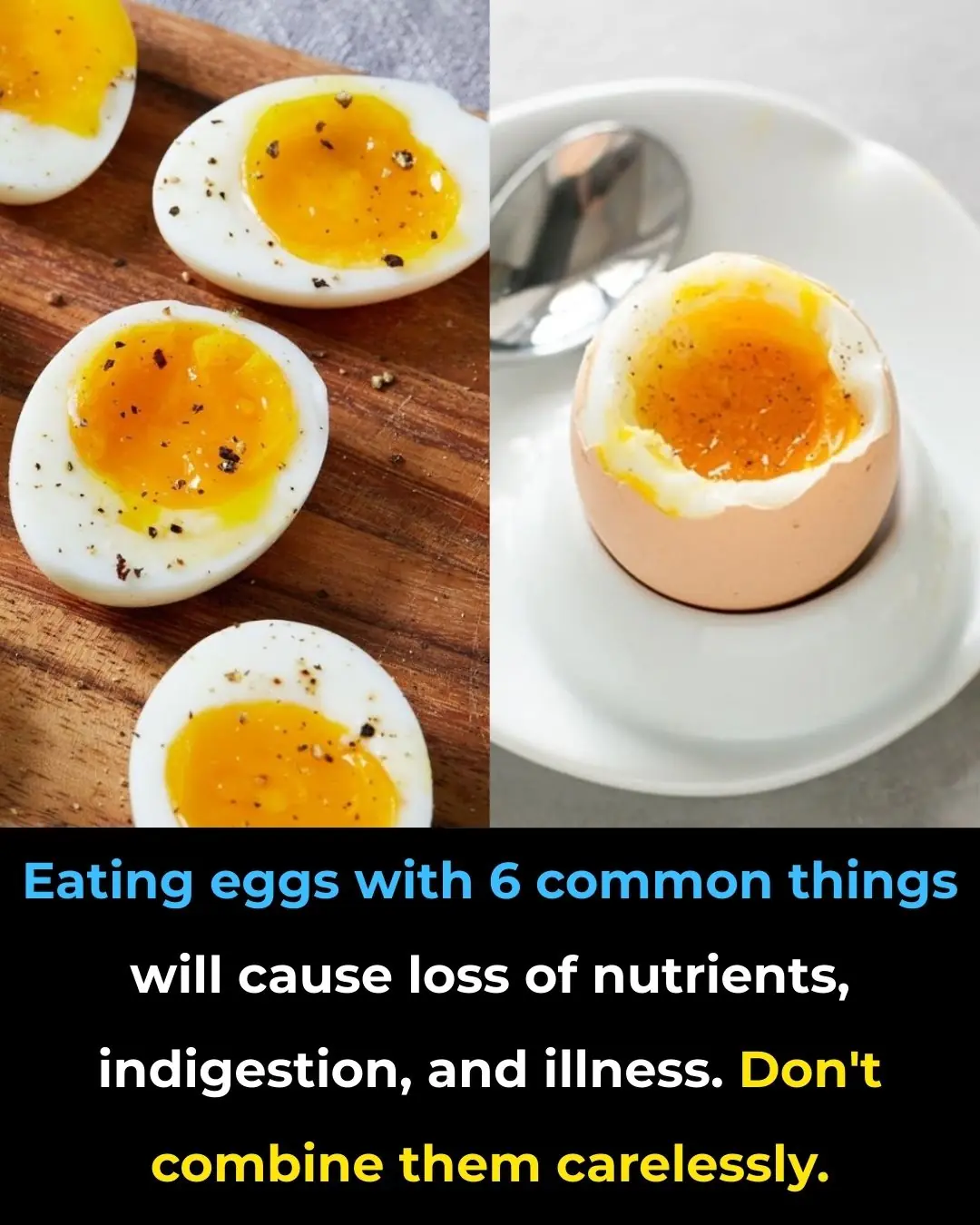
6 Foods You Shouldn’t Eat With Eggs
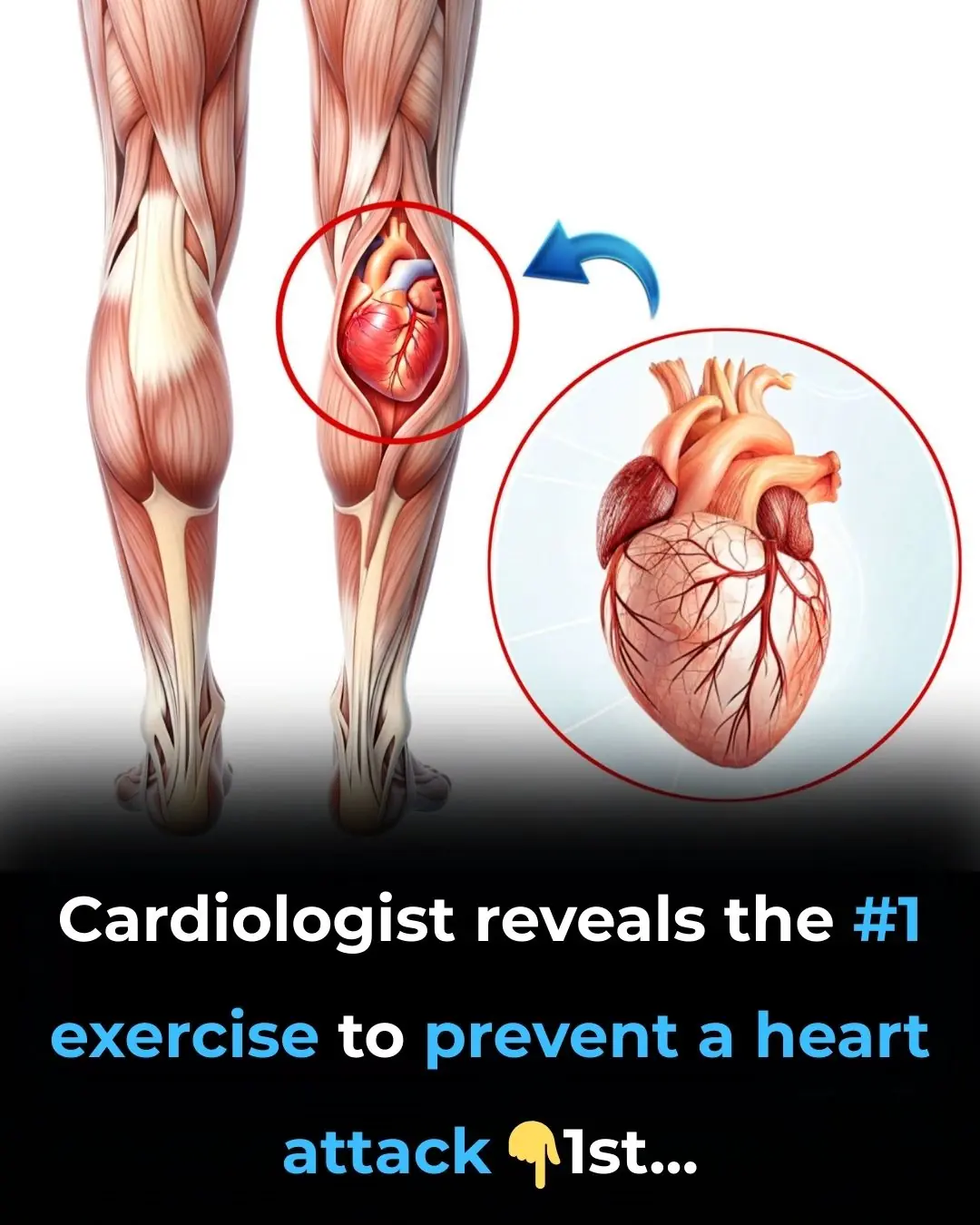
Cardiologist Reveals the #1 Exercise to Prevent a Heart Attack
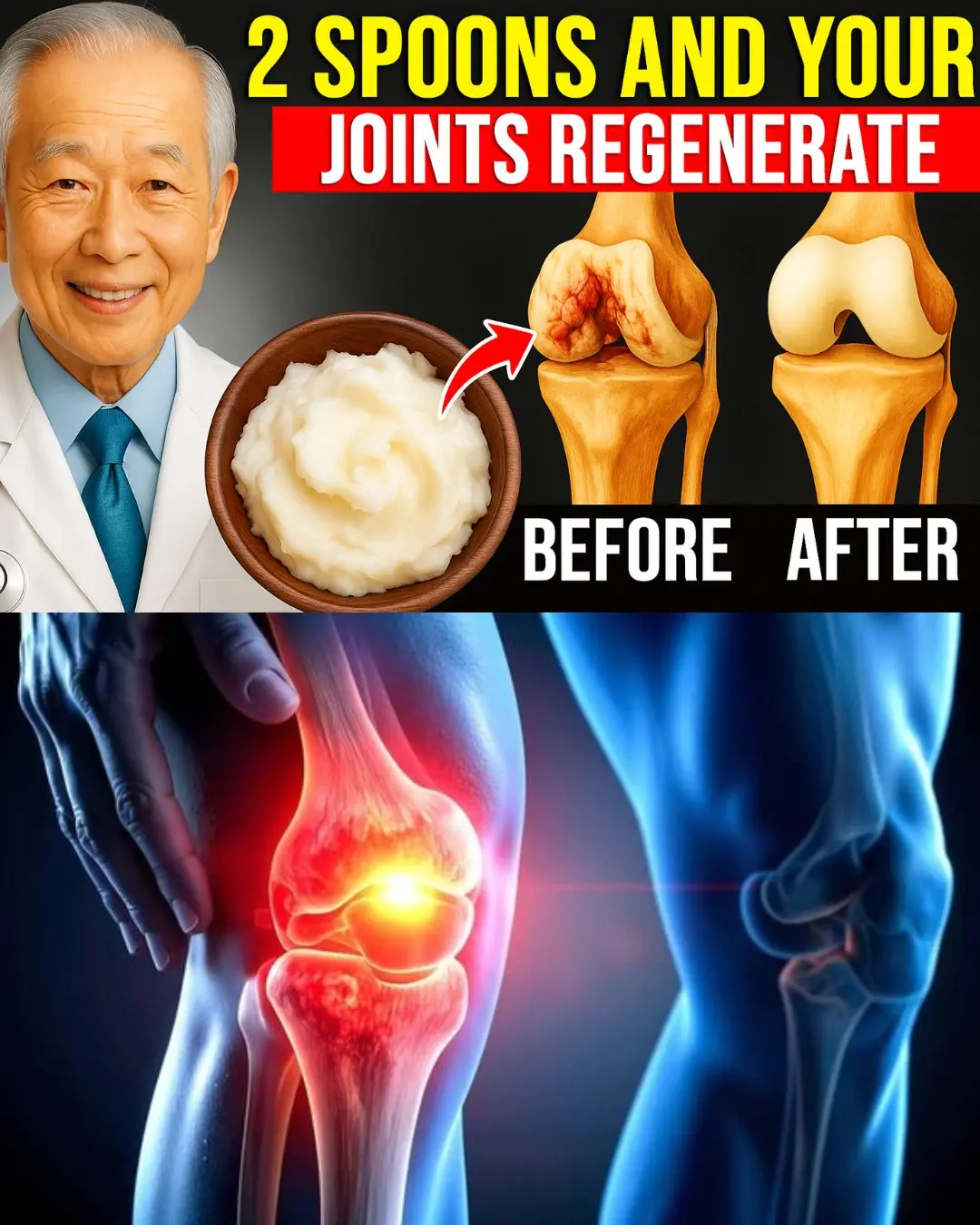
Boost knee cartilage with this simple but powerful drink

A small but effective tip

How to Cook Sticky Rice Without Soaking Overnight: Soft, Chewy, and Super Fast

How to Unclog a Sink Drain Without Calling a Plumber

Expiring Food: Should You Buy It or Not? The Answer Might Be the Opposite of What You Think
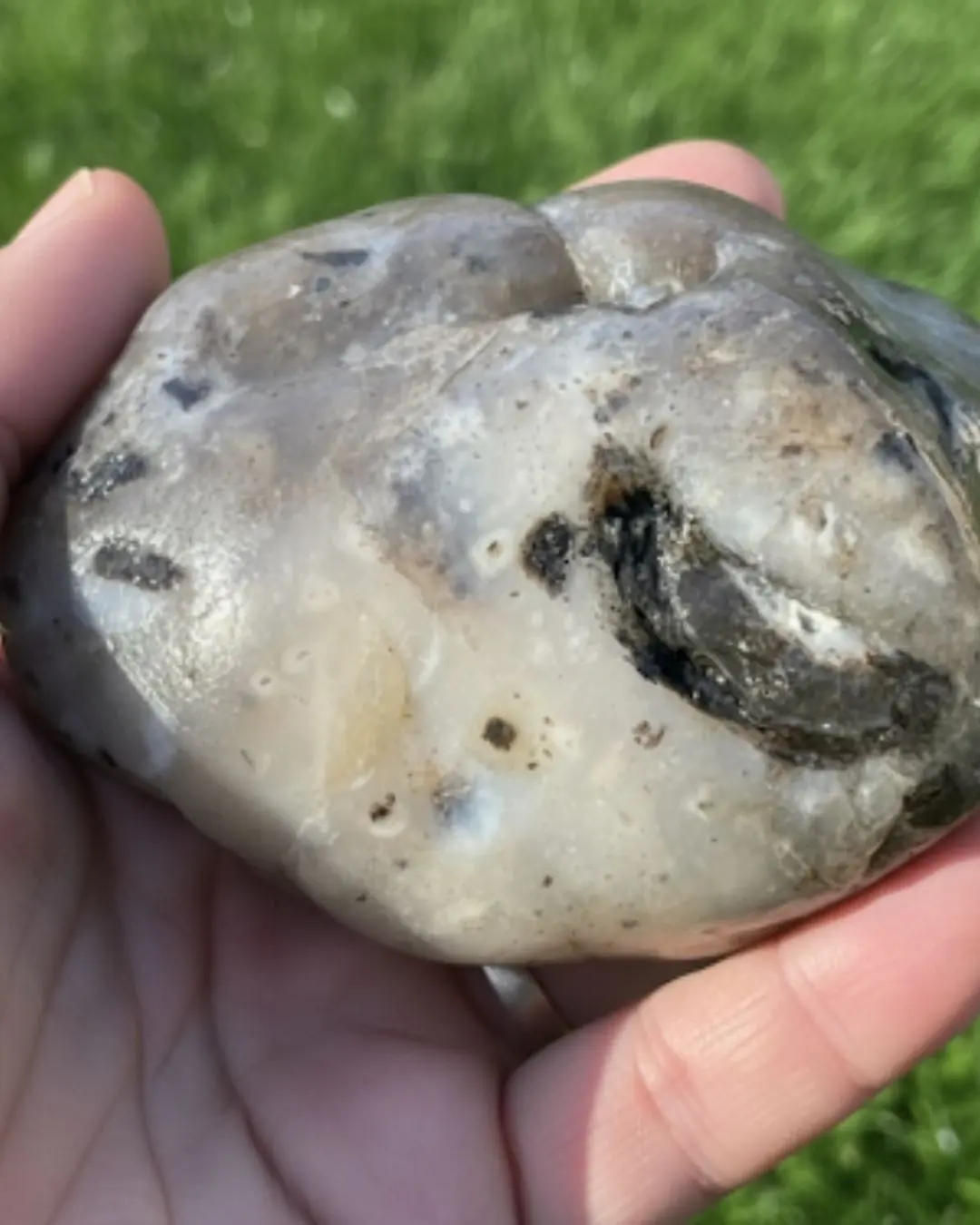
Couple’s Walk Leads to a Rare $70,000 Ambergris

Woman Experiences Intense Leg Pain, Discovers She Has a Rare Ancient Disease Once Called ‘Holy Fire’
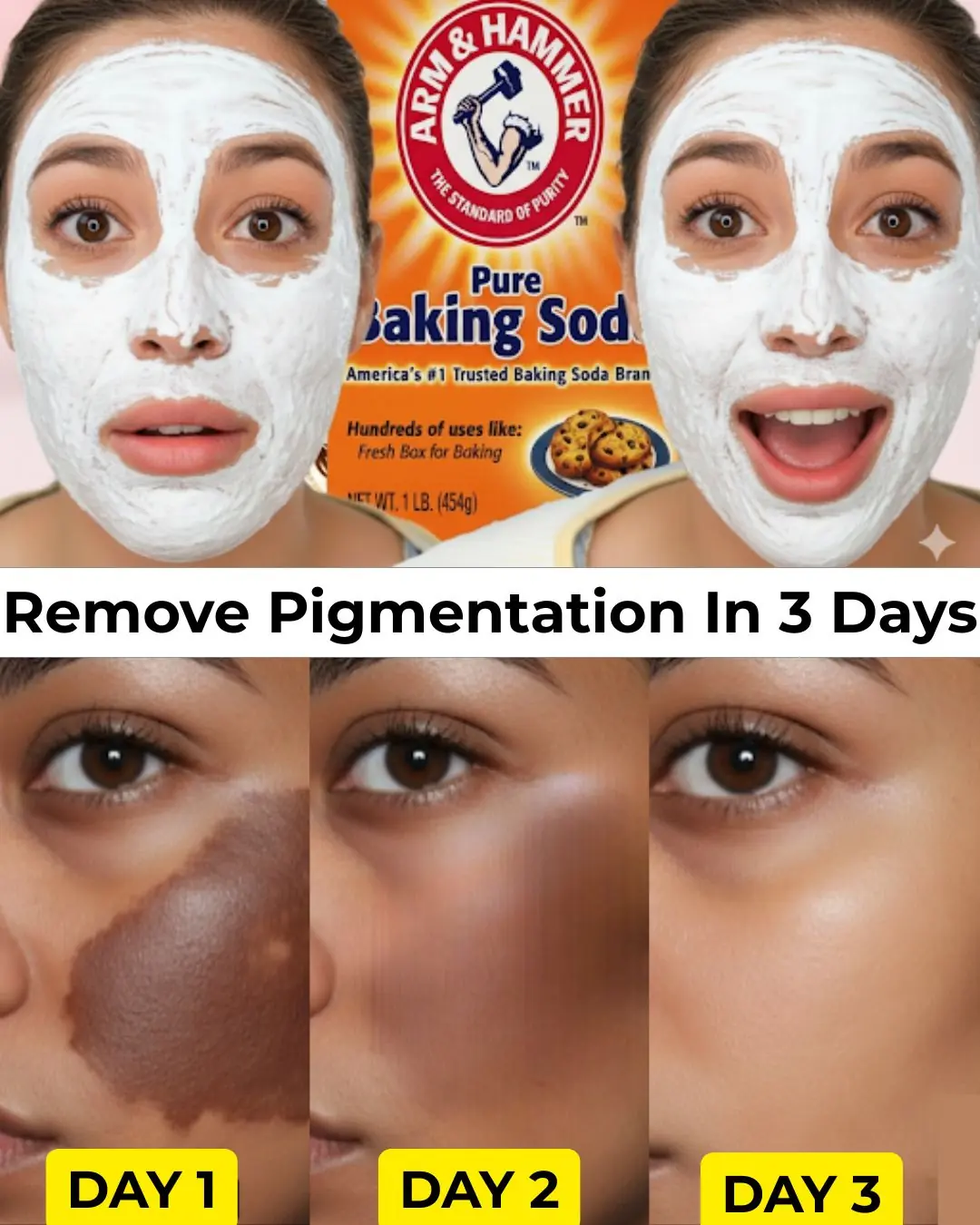
Homemade Baking Soda Cream: Say Goodbye to Wrinkles and Dark Spots

Goodbye, Blood Sugar! A Simple Natural Drink That Helps Balance Glucose Levels

Tomato Benefits for Skin – Rub Tomato Slice on Face

Science Reveals How This Physical Trait May Indicate Narcissism
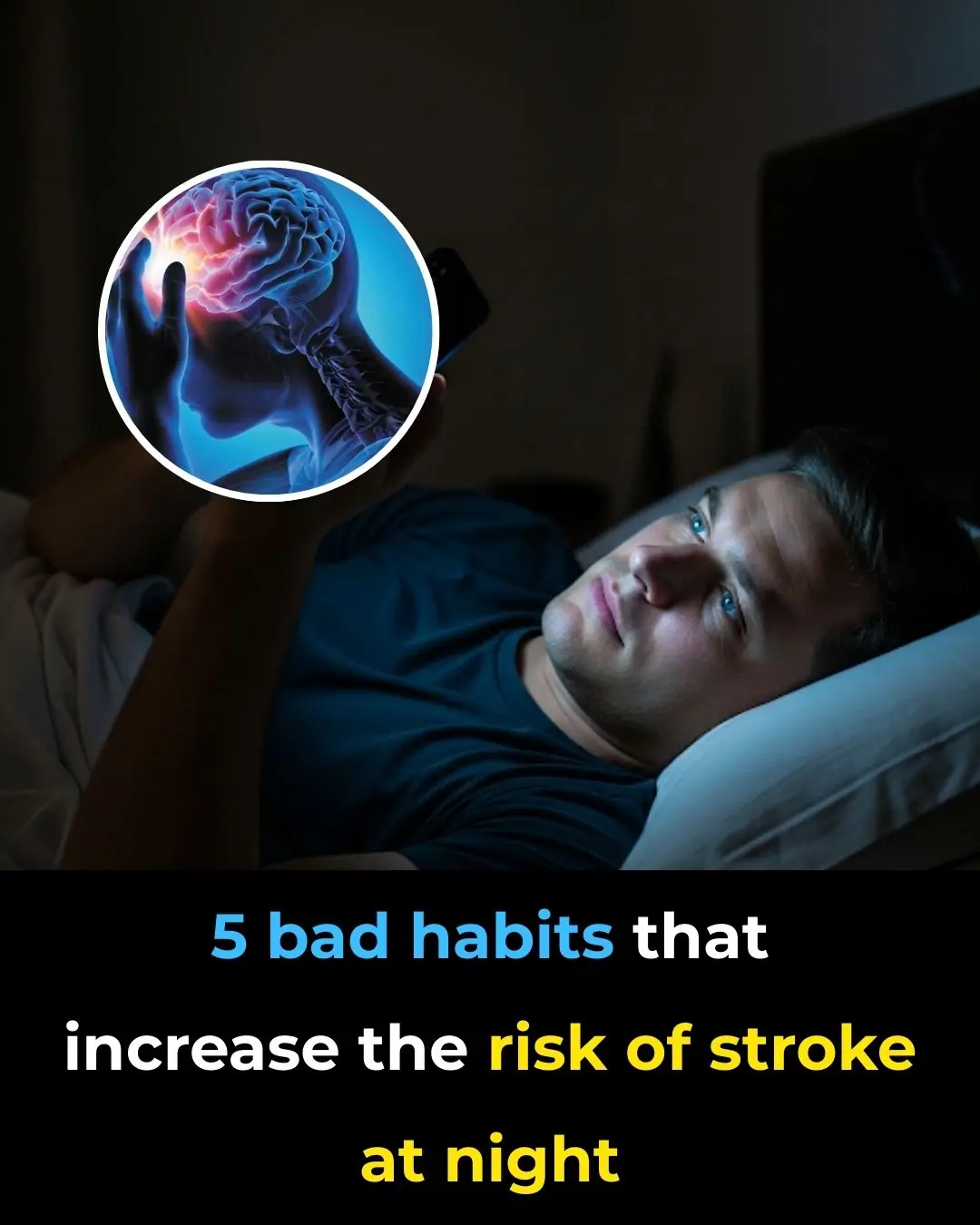
Nighttime Habits That Increase Your Risk of Stroke
